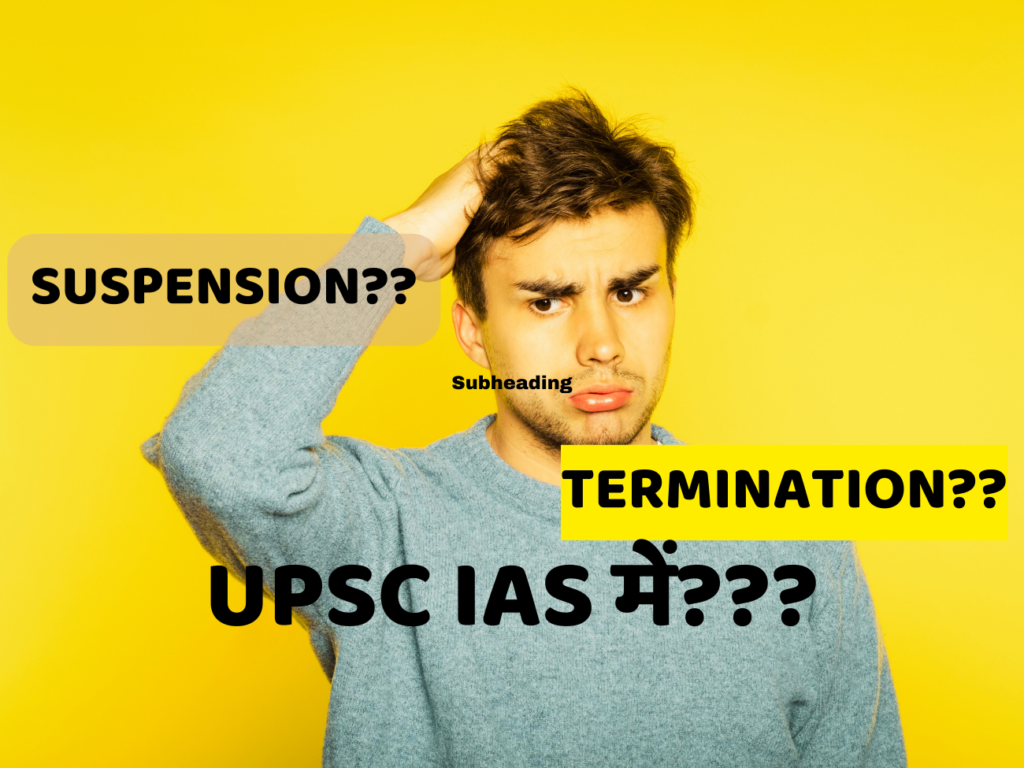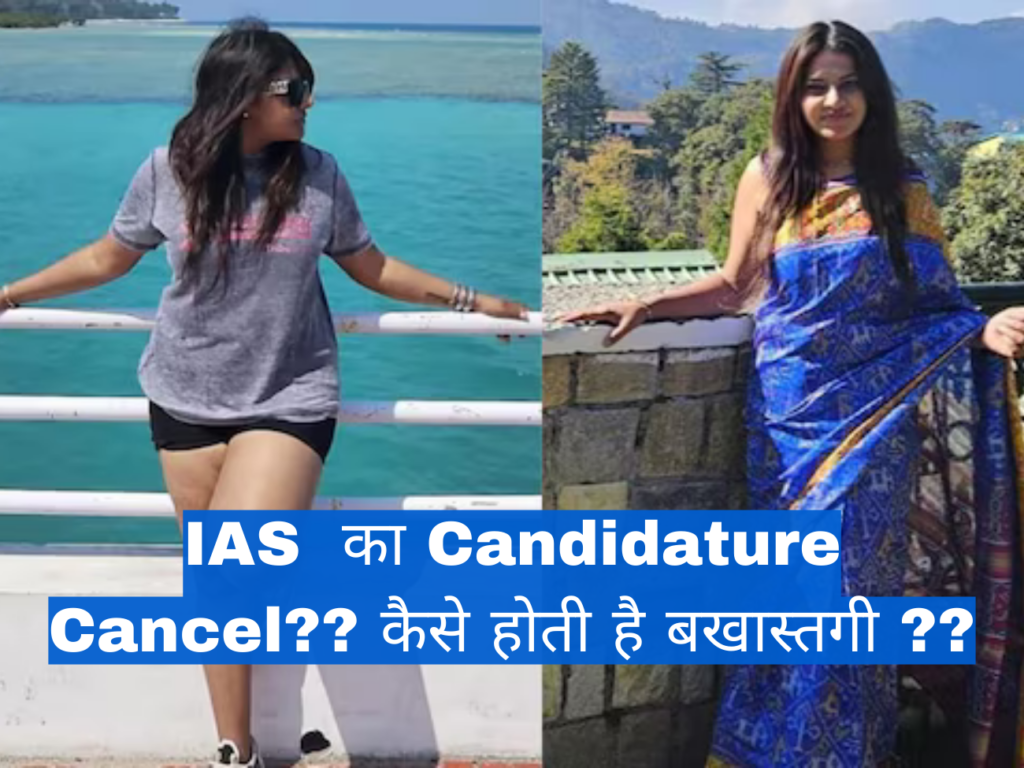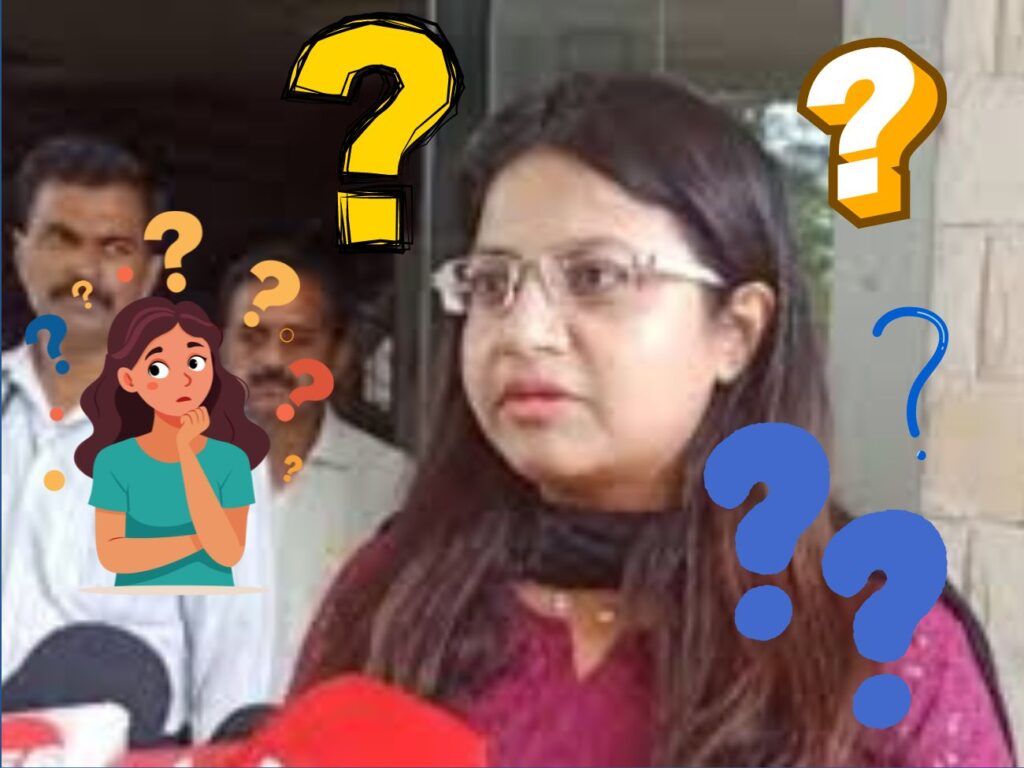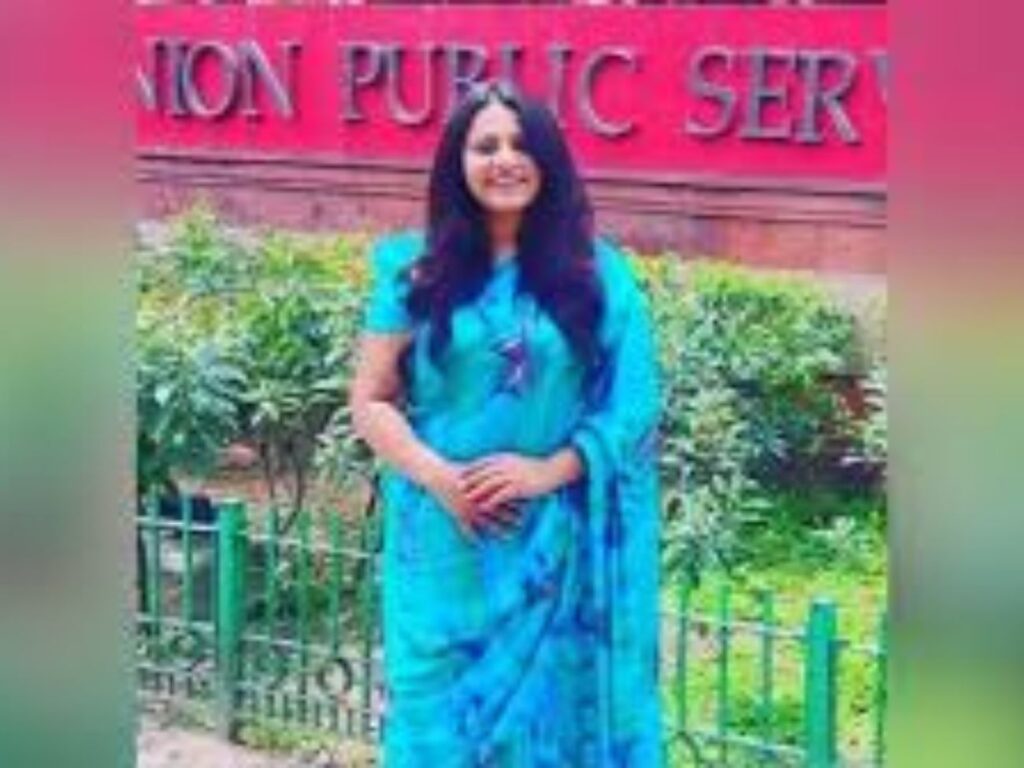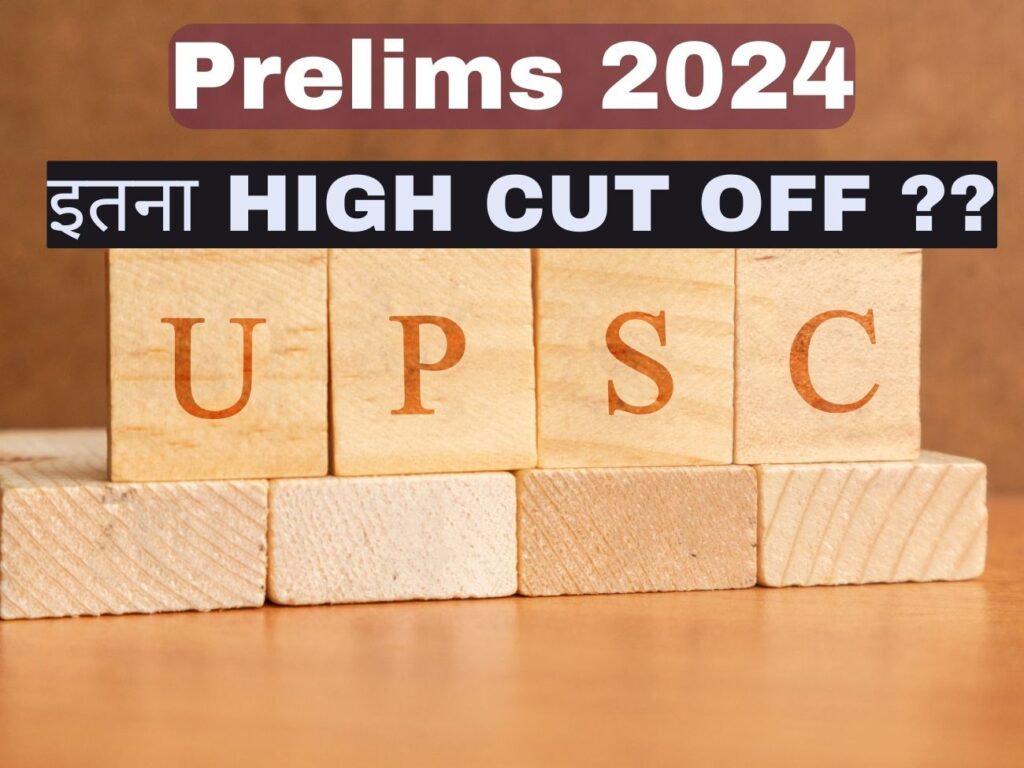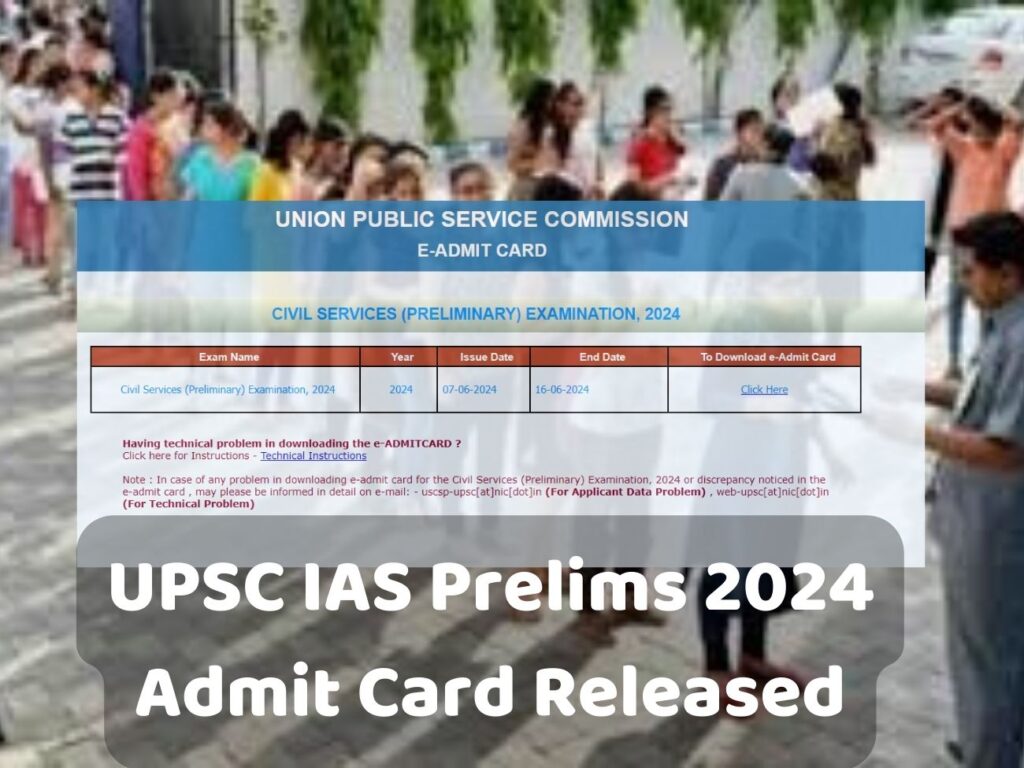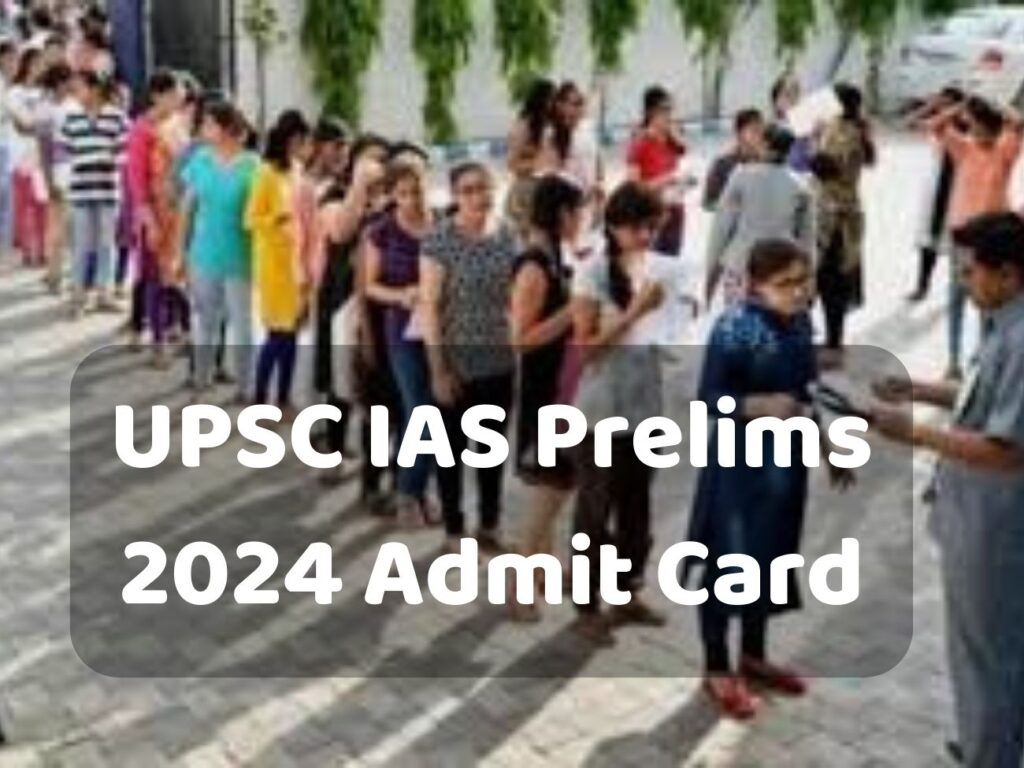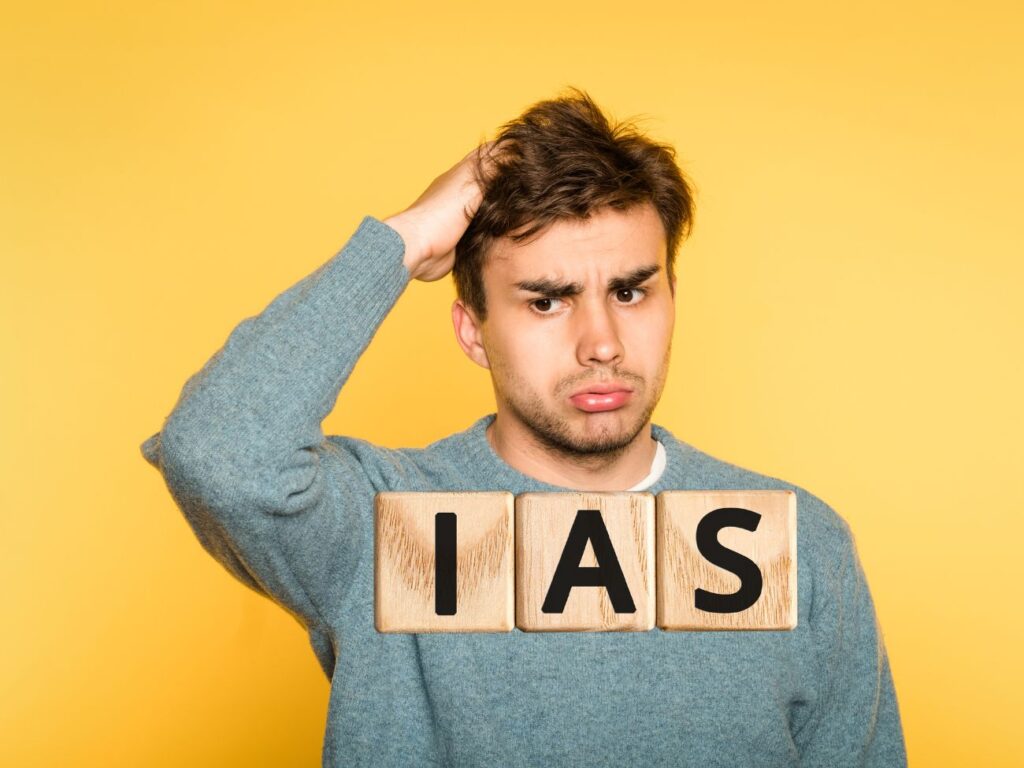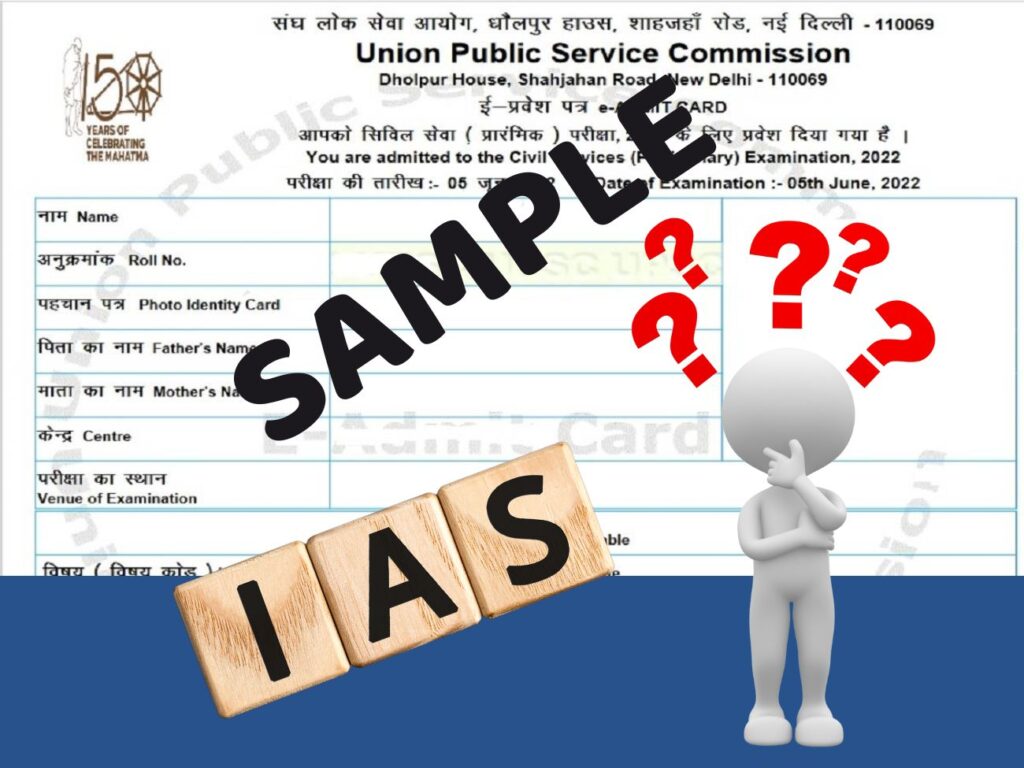Secrets to Acing UPSC Mains 2023: The 10 GS History Questions Every IAS Aspirant Must Prepare
Unlock the gateway to UPSC IAS Mains success with a mastery of history! If you’re gearing up for the Civil Services Examination, you know that history isn’t just about the past; it’s a vital key to your future as an IAS officer. Buckle up for an exhilarating journey through time and knowledge as we unveil the secrets to answering history questions that not only earn you accolades but also elevate your understanding of the nation’s evolution. Whether you’re a history aficionado or just beginning to explore its depths, these questions are your ticket to UPSC IAS Mains success. So, let’s step into the world of historical intrigue, strategies, and mastery! UPSC IAS Mains GS History Questions
In the realm of UPSC IAS Mains preparation, there are 10 history questions that stand as gatekeepers to your success. These questions aren’t just academic hurdles; they are the litmus test of your comprehensive understanding of India’s rich past, the struggles that shaped our nation, and the leaders who paved the way for our freedom. To master these questions is to unlock the door to a bright future as an IAS officer. So, gear up, because we’re about to delve into the must-prepare 10 history questions that will not only earn you top scores but also deepen your connection with India’s extraordinary history.

UPSC IAS Mains GS History Questions
10 questions on the topic of “Modern Indian History (Post-1857)” that could appear in the UPSC IAS Mains exam: UPSC IAS Mains GS History Questions
- Explain the socio-political and economic factors that led to the outbreak of the 1857 revolt. How did this event influence India’s struggle for independence in the subsequent decades?
- Discuss the contributions of leaders like Raja Ram Mohan Roy, Swami Vivekananda, and Annie Besant in the socio-religious reform movements of the late 19th and early 20th centuries. How did these movements impact Indian society?
- Examine the role of Mahatma Gandhi in the Indian freedom struggle, with a focus on his ideology of non-violence (Satyagraha) and civil disobedience. How did these methods change the course of India’s fight for independence?
- Analyze the impact of the Partition of Bengal in 1905 and its subsequent annulment in 1911. How did these events contribute to the growth of nationalist sentiments in India?
- Describe the Montagu-Chelmsford Reforms of 1919 and the Government of India Act of 1935. How did these constitutional developments pave the way for India’s eventual independence?
- Discuss the significance of the Jallianwala Bagh massacre in 1919 and the subsequent Non-Cooperation Movement led by Mahatma Gandhi. How did these events shape the Indian freedom struggle?
- Explain the role of Subhas Chandra Bose in the Indian National Army (INA) and its impact on the struggle for independence. How did the INA influence the British decision to leave India?
- Describe the Quit India Movement of 1942 and its outcomes. How did it contribute to the final stages of the freedom struggle and the eventual independence of India in 1947?
- Analyze the challenges and debates surrounding the integration of princely states into independent India after 1947. How did Sardar Patel’s “Iron Man” approach contribute to the unification of the nation?
- Evaluate the role of women leaders like Sarojini Naidu, Kamala Nehru, and Aruna Asaf Ali in the Indian freedom movement. How did their contributions advance the cause of women’s rights and participation in the struggle for independence?
These questions are designed to assess your knowledge of key historical events, leaders, and movements that played a pivotal role in shaping modern India after the 1857 revolt. Preparing for these questions will help you gain a comprehensive understanding of this crucial period in Indian history for the UPSC IAS Mains exam. UPSC IAS Mains GS History Questions
UPSC IAS Mains परीक्षा में उपस्थित हो सकने वाले “मॉडर्न इंडियन हिस्ट्री (1857 के बाद)” पर 10 प्रश्न:
- 1857 के विद्रोह के बाहर निकलने के कारणों को सामाजिक-राजनीतिक और आर्थिक कारकों के रूप में समझाइए। इस घटना ने भारत की स्वतंत्रता के लिए उपयुक्त दशकों में कैसे प्रभाव डाला?
- लीडर्स जैसे कि राजा राम मोहन रॉय, स्वामी विवेकानंद, और एनी बेसंट के समाज-धार्मिक सुधार आंदोलनों में योगदान का वर्णन करें। इन आंदोलनों ने भारतीय समाज पर कैसा प्रभाव डाला?
- महात्मा गांधी के भारतीय स्वतंत्रता संघर्ष में उनकी भूमिका का विश्लेषण करें, विशेष रूप से उनके अहिंसा (सत्याग्रह) और नागरिक असहमति के दर्शनिक के साथ। इन तरीकों ने भारत की स्वतंत्रता की लड़ाई की प्रक्रिया को कैसे बदल दिया?
- बंगाल के विभाजन के 1905 में होने और 1911 में इसके बाद के निरसन के प्रभाव का विश्लेषण करें। इन घटनाओं ने भारत में राष्ट्रवादी भावनाओं के विकास में कैसे योगदान किया?
- 1919 के मोंटाग्यू-चेल्म्सफोर्ड सुधारों और 1935 के भारत सरकार अधिनियम का वर्णन करें। ये संविधानिक विकास ने भारत की आखिरकार स्वतंत्रता के लिए मार्ग तैयार कैसे किया?
- 1919 के जलियांवाला बाग हत्याकांड और महात्मा गांधी द्वारा शुरू की गई नॉन-कॉऑपरेशन आंदोलन के प्रभाव का विश्लेषण करें। इन घटनाओं ने भारतीय स्वतंत्रता संघर्ष को कैसे आकार दिया?
- सुभाष चंद्र बोस के भारतीय राष्ट्रीय सेना (INA) में उनकी भूमिका की व्याख्या करें और इसके प्रभाव पर बात करें। INA ने भारतीय स्वतंत्रता संघर्ष पर ब्रिटिश निर्णय को कैसे प्रभावित किया?
- 1942 के ‘क्विट इंडिया मूवमेंट’ का विवेचन करें और इसके परिणामों का वर्णन करें। इसने स्वतंत्रता संघर्ष के आखिरी चरण और भारत की आखिरकार स्वतंत्रता के लिए कैसे योगदान किया?
- 1947 के बाद स्वतंत्र भारत में रियासती राज्यों को विलय करने के परिप्रेक्ष्य और वादों का विश्लेषण करें। सरदार पटेल के ‘लौह पुरुष’ दृष्टिकोण ने राष्ट्र के एकीकरण में कैसे योगदान किया?
- महिला नेताओं जैसे कि सरोजिनी नायडू, कमला नेहरू, और अरुणा आसफ अली की भारतीय स्वतंत्रता संघर्ष में उनकी भूमिका का मूल्यांकन करें। उनके योगदान ने महिलाओं के अधिकारों और स्वतंत्रता संघर्ष में भागीदारी को कैसे बढ़ावा दिया?
ये प्रश्न मॉडर्न इंडिया के 1857 के बाद के महत्वपूर्ण घटनाओं, नेताओं, और आंदोलनों के ज्ञान का मूलभूत हिस्सा होते हैं, जो UPSC IAS Mains परीक्षा के लिए महत्वपूर्ण थे। इन प्रश्नों की तैयारी करने से आपको इस महत्वपूर्ण दौर में भारतीय इतिहास की गहरी समझ प्राप्त होगी। UPSC IAS Mains GS History Questions
मेरे YouTube channel के trending videos देखिए
Five movies that you should watch if you are an IAS/IPS/IFS aspirant


